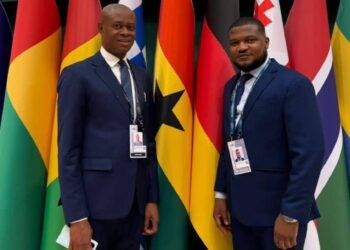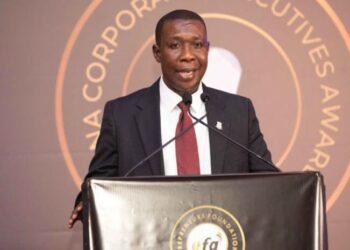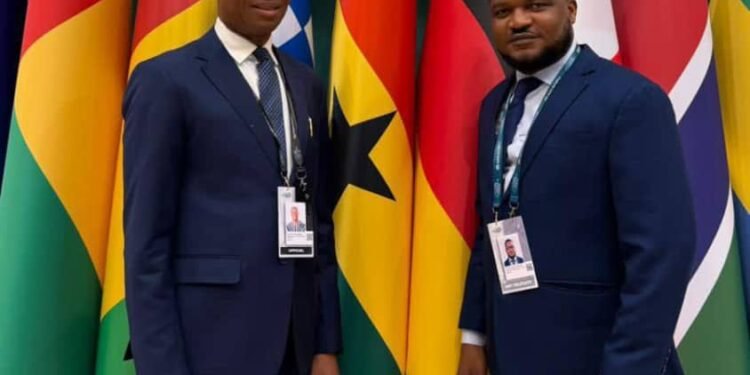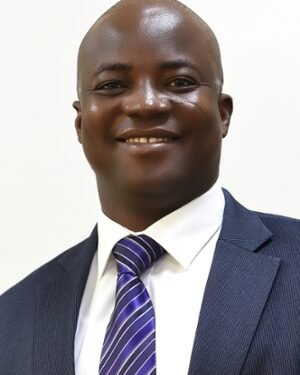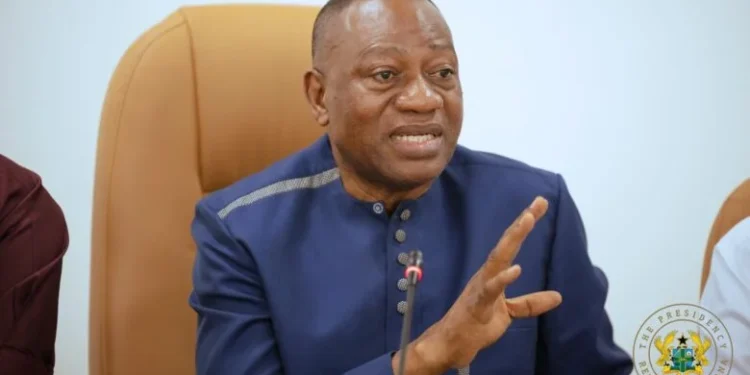President John Dramani Mahama has convened a crucial meeting with Independent Power Producers (IPPs) to address longstanding challenges in Ghana’s energy sector.
With a focus on the financial sustainability of the Electricity Company of Ghana (ECG) and the overall power distribution framework, the meeting, held at the President’s office, signals the beginning of a new era in energy governance.
In his opening remarks, President Mahama highlighted inefficiencies, procurement irregularities, and revenue losses at the ECG as critical issues requiring immediate action.
He emphasized that the sector’s financial health depends on reducing these inefficiencies and improving revenue collection.
“If you made 40% commercial and technical losses and continue to think that you have a viable business,” President Mahama said, “something must give in that sector.”
To address these issues, the President stressed the importance of private sector involvement in improving efficiency and ensuring financial sustainability.
He called for a transparent and well-structured partnership to enhance revenue collection and reduce ECG’s losses.
During the meeting, President Mahama revisited Ghana’s previous attempt to introduce private sector participation in electricity distribution through the Power Distribution Services (PDS) deal.
The PDS arrangement, terminated under the previous administration, was marred by allegations of irregularities and inefficiency.
Despite its flaws, Mahama noted that the PDS experience demonstrated the potential for private sector participation to improve revenue collection.
“Even as irregular as PDS was and as inefficient as it was, you could see an increase in the revenue that was being collected.”
President John Dramani Mahama
He underscored the need for a fresh approach, emphasizing transparency, fairness, and competitiveness in selecting private sector partners for future projects.
A reimagined strategy, he suggested, could yield far better outcomes than the flawed PDS deal.
Governance Reforms at ECG

A significant portion of the meeting focused on reforming governance at the ECG. President Mahama criticized the company’s procurement practices, citing instances where ECG procured items that would not be needed for several years.
“We can start to look at their procurement systems.
“Why would you procure items that you don’t need until five years or six years after? So much of the revenue that is collected must go to pay for power that is generated.”
President John Dramani Mahama
The President also stressed the need for better implementation of the cash waterfall mechanism. This system, designed to ensure equitable and timely payments to power producers, has faced challenges in its execution, leading to delays in payments to IPPs.
“How to make the cash waterfall mechanism more effective so that at least you people are getting one bad part of your cost while we look at the outstanding debt.
“These are issues that we want to look at. But we’re going to do that in concent with you.”
President John Dramani Mahama
Addressing IPP Concerns
The meeting also served as an opportunity for the President to acknowledge the frustrations of IPPs, who have faced delayed payments and challenges in recovering their investments.
Mahama assured them that his administration is committed to fostering a collaborative relationship to resolve these issues. “As I said in my inaugural address, Ghana is open for business again,” he declared.
“You guys brought your investment in here, and you expected that investment to pay off.
“We need to be faithful partners so that you’re able to run your businesses properly and account to your shareholders.”
President John Dramani Mahama
The President’s remarks underscored the need for a partnership built on mutual trust and accountability.
President Mahama’s engagement with IPPs signals a new chapter in Ghana’s energy governance.
By addressing inefficiencies at ECG, fostering private sector collaboration, and implementing governance reforms, his administration seeks to create a sustainable energy framework that benefits both investors and consumers.
As Ghana embarks on this transformative journey, the success of these reforms will be critical to ensuring reliable and affordable electricity for all Ghanaians while maintaining investor confidence in the energy sector.
President Mahama’s commitment to transparency, collaboration, and accountability offers a hopeful vision for the future of Ghana’s energy sector.
READ ALSO: Prof. Bokpin Affirms Rationale for a Lean Government Structure




